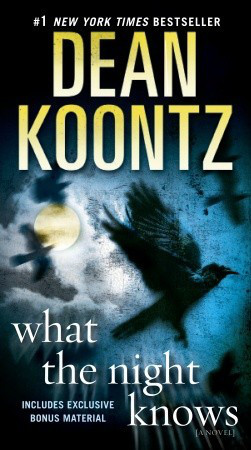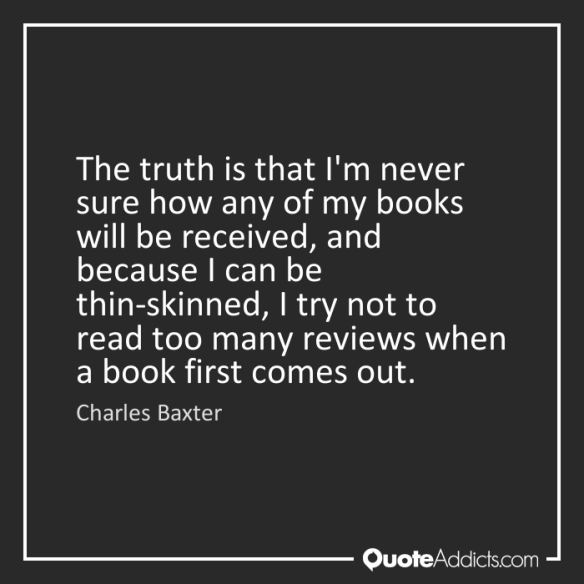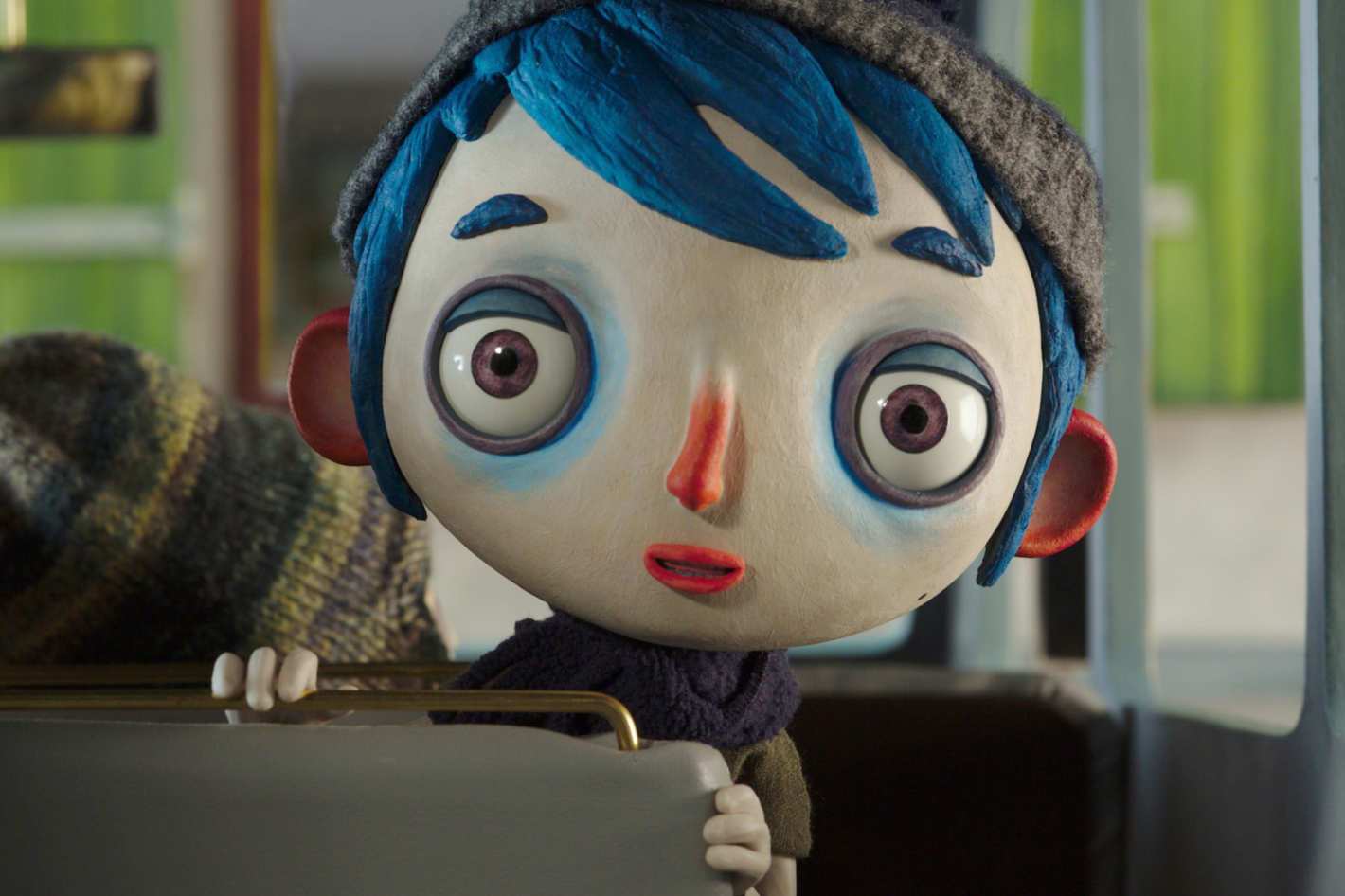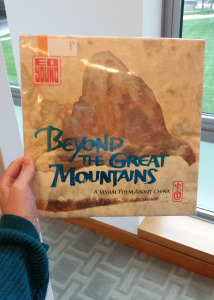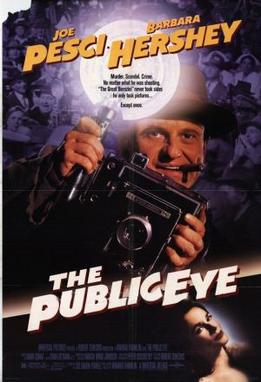Today, I offer you a virtual Valentine: the lovely Cecilia Galante.
Cecilia is the author of the recently released adult novel, The Odds of You and Me (William Morrow Paperbacks). She previously wrote The Invisibles; Cecilia has also authored eight young adult novels—including the NAIBA Best Book of the Year Award-winning and Oprah’s Teen Read Selection, The Patron Saint of Butterflies—and a children’s chapter book series. She received an M.F.A. in Creative Writing from Goddard College, Vermont and currently teaches eighth-grade English at Wyoming Seminary Preparatory School and is on the creative writing faculty at Wilkes University. Cecilia makes her home in Kingston, Pennsylvania with her three children.
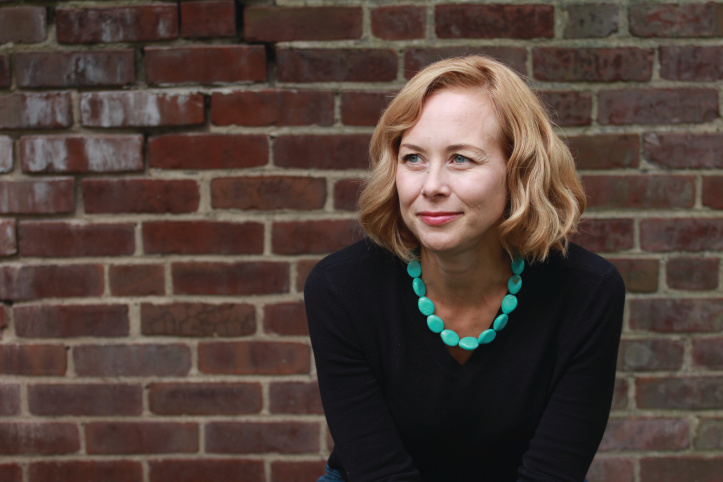 Author Cecilia Galante.
Author Cecilia Galante.
Praise for The Odds of You and Me:
“Galante’s gift for storytelling lies in her ability to find the extraordinary within the ordinary. Readers will fall in love with her unforgettably complex protagonist, Bird, along with the overall authenticity of her prose.”—Emily Liebert, bestselling author of Some Women
From the publisher:
In the vein of Meg Donohue and Sarah Jio, Cecilia Galante’s second novel delivers the powerful story of one young woman who’s faced with an impossible choice—one that could have her making the biggest mistake of her life.
Thirteen days. That’s all Bernadette, “Bird,” Sincavage has left to go until she’s done with her probation and can be free again. Free from making payments to the supermarket she wrote bad checks to. Free from living at home with her overzealous mother who’s constantly nagging her about attending church again. Free to give her four-year-old son, Angus, the normal life he deserves. Her impending freedom and move to Moon Lake, where she’s plunked down a deposit on a brand new apartment, is so close she can almost taste it. What trouble could she possibly get into in just thirteen days?
But trouble does follow in the form of James Rittenhouse—someone she worked with a few years ago. At first, Bird is stunned to see James make the evening news when he’s arrested for assaulting someone in a local bar. But that’s nothing compared to the shock she gets when she discovers James hiding out in an abandoned church choir loft. Somehow he escaped police custody, broke his leg, and got his hand on a gun, which he’s now pointing at her.
Although Bird doesn’t tell anyone she saw James, there’s no way she’s helping him. She can’t screw up her probation or her second chance for a new future. And she has her son’s welfare to think about. Still. If only she could stop thinking about the terrified look in James’ eyes and the fact that he’s hurt. If only she could forget that once, long ago, James helped her out, and she owes him a debt like no other.
Will Bird jeopardize her future for someone who helped her out in the past? A past that holds secrets she’s not quite sure she’s ready to face? Or will she turn a blind eye and learn to live with the consequences?
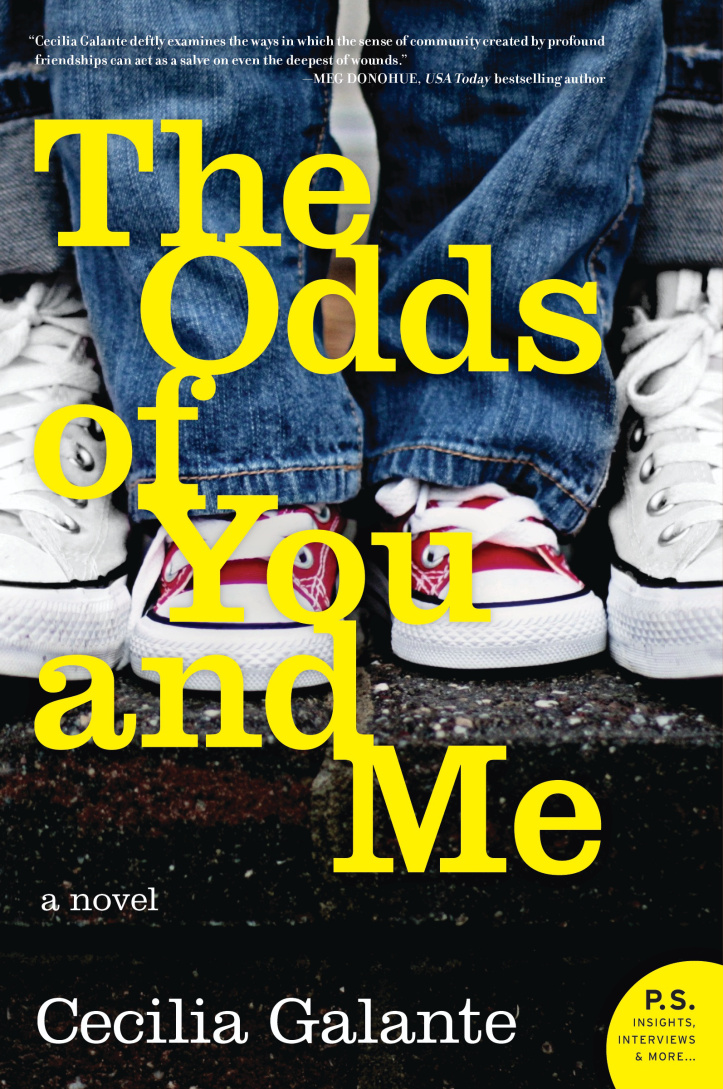
Now, Cecilia talks inspiration, empathy, and the crux of storytelling …
John Valeri: What inspired the idea for The Odds of You and Me – and how do you endeavor to achieve “the same but different” with your storytelling?
Cecilia Galante: I was inspired to frame this particular novel around an escaped convict after a convicted murderer in my own little town escaped from jail and spent three days on the run before being captured again. I remember feeling, during this brief pocket of time, as though my personal sense of security, which I had always taken for granted, had been turned upside down: the possibility of running into this man at any time, at any place, was so vividly frightening. I remember thinking too, that if something did happen that involved this guy, my life would change in an instant. This was a huge motivator for the book too – how many actual scenarios in our lives afford such a thing?
As for the ‘same but different,’ I’m not sure if I’ve ever really thought about that. The outer structure of things, (i.e., the action) changes from book to book of course, but as for the characters themselves, they all have a familiarity to me that keeps me engaged and makes me want to stay with them until the end.
JV: In this particular book, Bird contemplates jeopardizing her (and her child’s) future to help somebody who came to her rescue in the past. What are the challenges of making such a predicament believable to the reader – and how can exploring these social issues illuminate the idea of empathy?
CG: Thank you so much for using the word empathy, which is probably the biggest reason why I continue to write fiction that involves women who make such difficult, and at times, poor choices. I would consider it a real loss for someone to read one of my books and not come away from it with some sort of empathy for the characters. Empathy is probably the thing that has shaped me the most as a woman moving through this very difficult, critical, and at times, mentally exhausting world. To put myself in someone else’s shoes for a moment, to try to see things from his/her point of view always changes my perspective on a situation – whatever it is. That’s what I did with Bird, even as she made decisions that would obviously jeopardize herself and her child, and it was why I believed in her all the way until the end. If I hadn’t, I wouldn’t have been able to see it all the way through.
I personally believe that empathy relieves of us of judgment and criticism, and allows us instead to feel compassion and understanding for someone. It’s also the starting point for action, which at times, can be the transformative moment in someone else’s life.
JV: Though this story is considered women’s fiction, it has broad appeal. What do you see as the elements that transcend genre – and can classification be both a help and hindrance to finding readers?
CG: I think classification can be a hindrance to readers, if only because it can pigeonhole stories that some believe only women might like, or others consider ‘chick-lit.’ My first novel, The Patron Saint of Butterflies, was published and marketed as a young-adult novel, but so many adults bought it that it was eventually called a ‘cross-over’ novel. So you never know.
As far as the elements that transcend genre, I think any good story that speaks the truth to the human heart and that people of any sex, size, race, color, or religious belief can relate to are the ones that rise to the top of everything else. When you have one of those, genre is just a word.
JV: This is your second novel for adults, though you’re a veteran of children’s and YA literature. What are the biggest differences between writing for these distinct audiences – and how would you say that your current work benefits from your past writing experiences?
CG: I get this question a lot now that I’ve covered most of the bases in the writing field, and the answer is not as interesting as you might think. The truth (for me anyway,) is that writing for adults as opposed to writing for young adults or middle-grade audiences doesn’t differ all that much. I would say the primary differences are length (adult fiction is usually longer, but not always) and subject matter.
The real crux of a story though, the thing that keeps its heart beating from page one until the end, isn’t any different with any of them. You’ve got to have a main character that your reader will like (or at least root for) and you’ve got to put him or her in an interesting enough situation to sustain your reader’s interest. That situation should usually involve the main character wanting something desperately and then having to overcome numerous hurdles before getting it – or not getting it.
Ultimately, the race from the beginning of the book until the end of one, whether a middle-grade novel or an adult novel, should make the reader feel as though they’ve been transported somehow and that when they return from that transportation, they are better for it.
JV: You have an M.F.A. in Creative Writing. In your opinion, what of the discipline can be learned vs. what is intrinsic – and how does discipline and/or tenacity factor into one’s chances of success?
CG: I got my MFA from Goddard College in Plainfield, Vermont and I currently teach at an MFA program at Wilkes University in Pennsylvania. The truth about MFA programs is that you get out of them what you put into them. If you’re there to have someone tell you that you’re an amazing writer, and you’ll definitely get published one day, don’t waste your money. My experience (as both a teacher and a student) has been that the joy of finding other like-minded people on this planet who love to read and write as much as you do is worth almost as much as all the time you will have to spend alone, slaving over a manuscript.
There are too many incoming MFA students who don’t realize just how difficult a writing life is and how much it will demand of you. That part though, can be learned. Some of the basic grammatical issues of writing can also be learned. The intrinsic drive to get up morning after morning however, especially after you have just gotten your sixteenth rejection on your novel, and try again, is all about tenacity. It is a doggedness that I believe now some people have – and some people do not.
JV: Leave is with a teaser: what comes next?
CG: I’m currently finishing up a middle-grade novel for Scholastic, and I will begin work on my third adult novel this summer. No hints – ever! I don’t mean to be coy or obnoxious. I really do believe that the less I say about an unfinished work, the better. You know how some soon-to-be-parents keep the name of their baby a secret until the birth? I think the reason they do that is because they don’t want to subject it to any possible criticism or “advice” from people they tell.
The same holds true for me.
Nothing until the birth.
Ever.
***
With thanks to Cecilia Galante for her generosity of time and thought and to Camille Collins, Senior Publicist at William Morrow, for providing yet another great interview opportunity.
Share this: